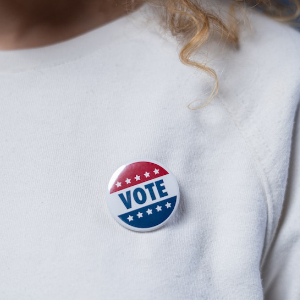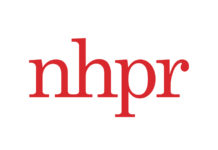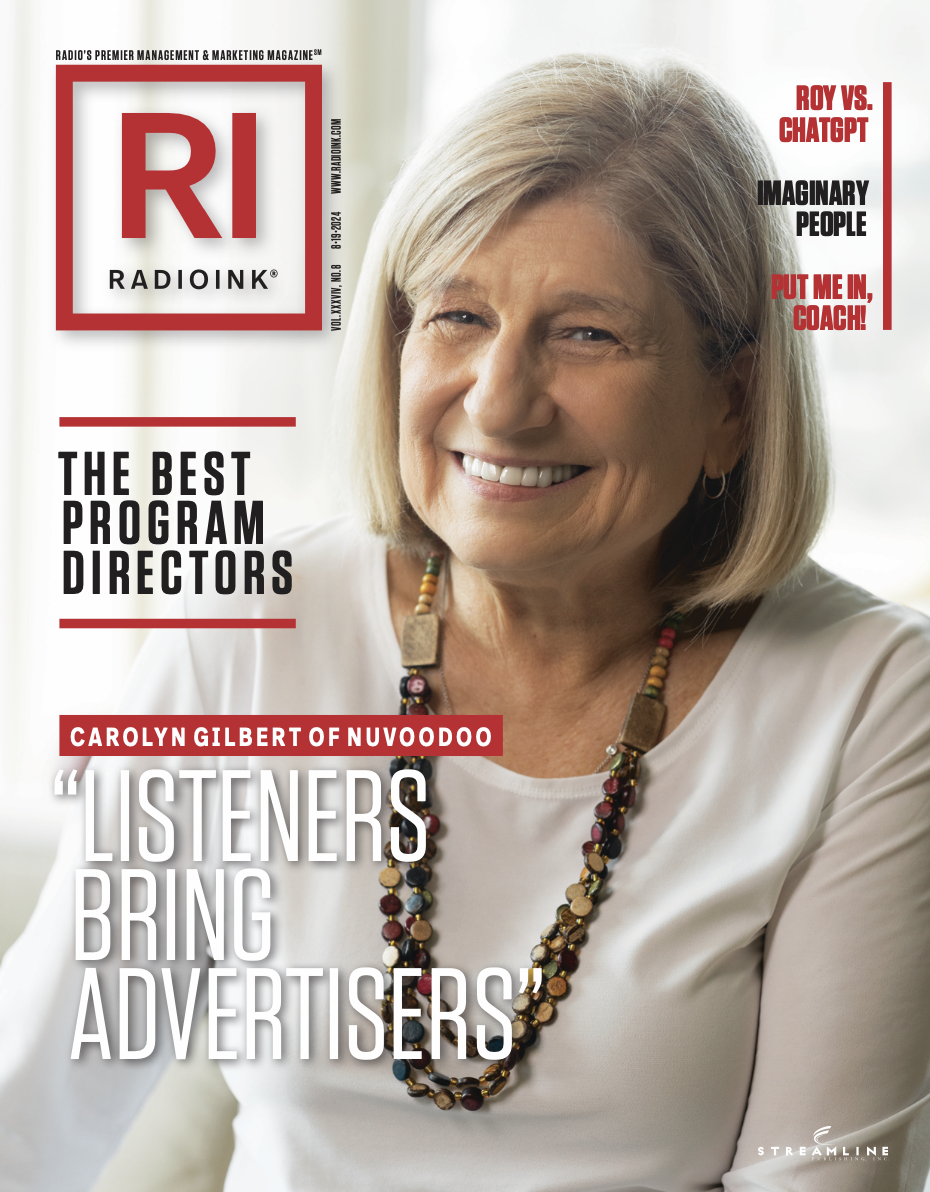
With concerns about misinformation in mass media at all-time highs, boosted by a close and contentious election cycle, a new Katz Media Group study is showcasing AM/FM as a uniquely unifying medium when it comes to trust, bridging political divides.
The study surveyed a diverse cross-section of American voters, asking them to rate their trust in five key media types: radio, television, newspapers, magazines, and social media. The results underscored radio’s preeminent position, with 80% of voters rating it as very trustworthy or trustworthy, outpacing newspapers (+5%), magazines (+13%), and television (+23%). Social media lingered at the bottom, with only about a quarter of voters deeming it trustworthy.
The polarization in media trust mirrors the stark political ideologies characterizing the current political environment. Democrats generally exhibited the highest levels of trust across all media types, with notable exceptions in social media. Republicans displayed lower trust levels in all media compared to Democrats, particularly in traditional forms like TV, newspapers, and magazines, where the trust gap often exceeded 20 percentage points.
Republicans showed relatively higher trust in social media compared to their views on other media, though it still ranked low overall.
Independents, often pivotal in elections, expressed significant skepticism towards media, with only 20% placing trust in social media, which was lower than both Democrats and Republicans. This group also showed substantial distrust in other media types, with trust ratings for TV, newspapers, and magazines falling significantly below those of party-affiliated voters.
So what about radio? Among all media types, AM/FM is the most trusted by Independents and Republicans, with trust levels at 80% and 78%, respectively. Democrats also showed high trust in radio (84%) but placed it second after newspapers.
Given its high trust ratings, radio represents a significantly underutilized channel in political campaigning. Nielsen’s research supports this, suggesting that campaigns benefit from engaging with radio “early and often,” particularly in contentious races in swing states. Utilizing radio throughout the campaign cycle, rather than primarily in the closing weeks, can amplify a campaign’s reach and impact, resonating with a broad audience of engaged and trusting listeners.








